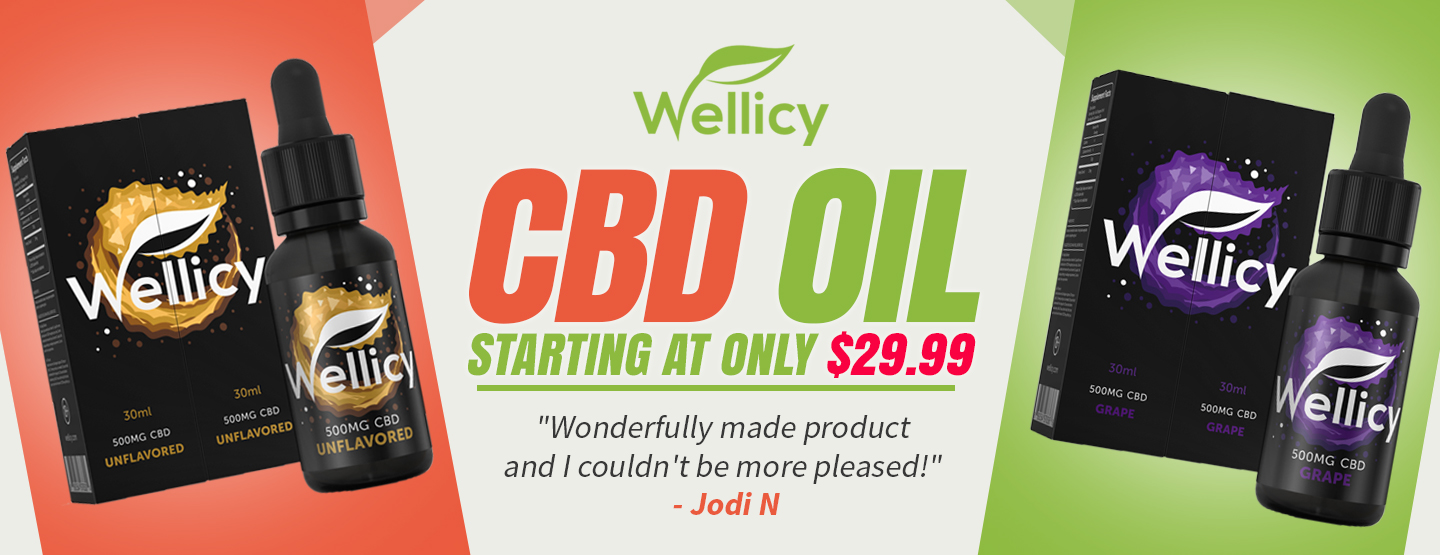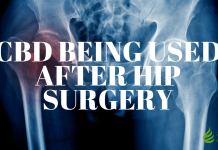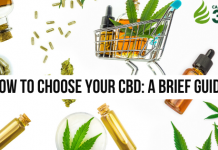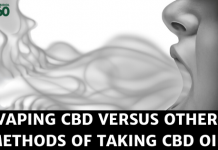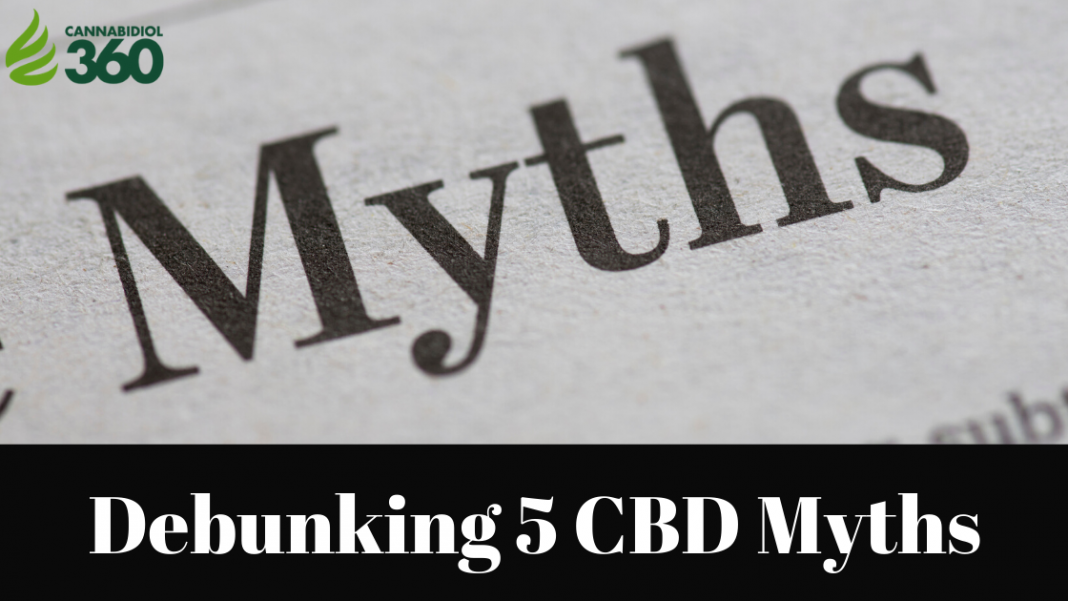
Cannabidiol or CBD has become a mainstream subject of discussion in health and wellness forums, which has lead to the development of many CBD myths!
Numerous blogs and platforms provide a dynamic range of information about CBD, its potential therapeutic benefits, extraction, use, research and regulations.
Similarly, many sites offer CBD myths, bogus claims and exaggerations, both for and against CBD.
With more athletes and iconic people endorsing CBD, some may begin to believe CBD is a scam to charge more for no real benefits.
On the other extreme, people might develop unreasonable expectations and suffer frustration when they do not see the results they were expecting.
As such, it is essential to learn more about any wellness compound or ingredient that becomes trendy, before you contemplate using it.
Here is a brief debunking of the top five CBD misconceptions:
1. There are No Conclusive Scientific Studies About CBD’s Medicinal Benefits

CBD use, in its current forms, is relatively novel. However, cannabis has long been part of various traditional medicinal concoctions and therapies.
Most cannabinoids in the cannabis plant have multiple medicinal properties, including THC (tetrahydrocannabinol). THC’s euphoric high is a critical aspect of medical marijuana.
CBD is a different cannabinoid with negligible psychoactive properties. Its indirect influences on the endocannabinoid system can result in various medical and therapeutic benefits.
In the US, the FDA approved Epidiolex, which is used for treating seizures.
So this alone debunks this CBD myth.
This CBD-based medication is legal thanks to factual evidence from real clinical tests and research.
CBD can aid the treatment of seizures, chronic pain and panic disorders.
There are various studies throughout the UK, US, Canada, South America and other places.
While the discovery of the endocannabinoid system and cannabinoids is recent, there is sufficient research to back specific claims.
Nonetheless, there is room for discoveries and more studies on emerging developments.
2. CBD is a Marketing Scam
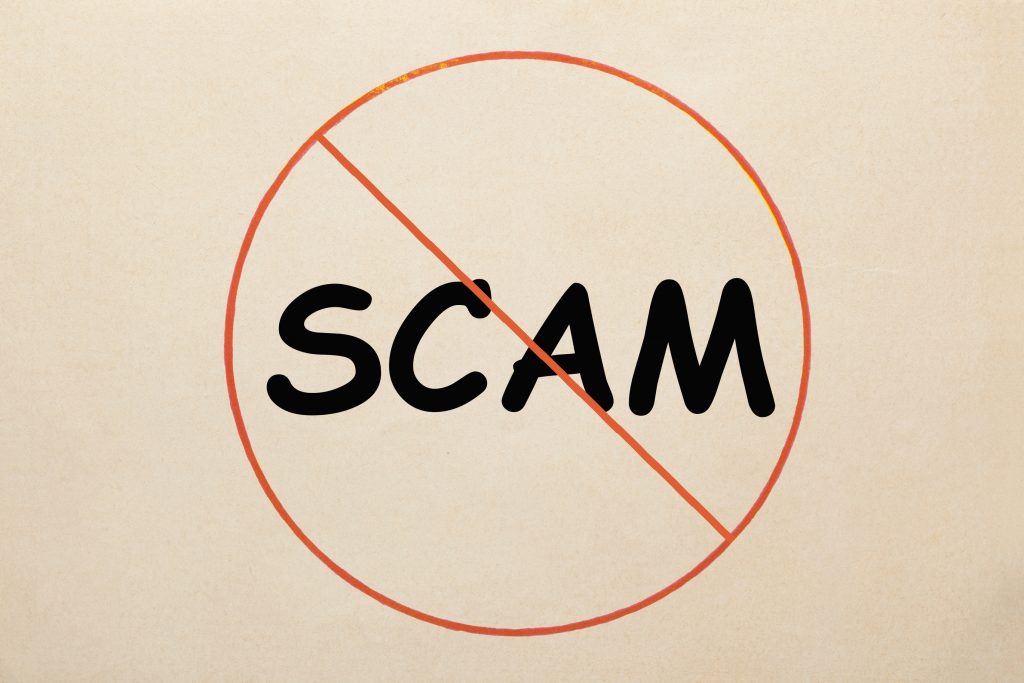
Because of its legitimate medicinal and therapeutic potential, CBD garners attention from everyone in the health, fitness and wellness industry.
The result is seeing CBD in a wide range of products, including drinking water, hair moisturizers, make-up and deodorants, or even as part of other wellness supplements.
Including CBD in all these products encourages false claims and salesy fluff to creep in, giving CBD shade when the promised results become challenging to achieve.
However, this does not take anything from the real benefits of using CBD to treat a particular medical condition.
Therefore, it is recommended to discuss with your doctor and determine the right CBD mode of delivery, dosage and quality for your needs.
You might not need CBD inside your nail polish, mascara, or infused into your pillow or workout clothes (yes they unfortunately exist).
Various resourceful CBD blogs offer accurate research-backed information to educate and inspire you, so you can learn more before believing any retailer claims.
3. All CBD is Created Equal
Whenever new wellness ingredients become popular, many people oversight the importance of quality.
This is what leads most to assume all CBD is safe and healthy.
Contrary to the myth, quality variations exist in all consumables.
Water, tea tree oil, hemp oil and omega fatty acids are all healthy.
Cannabis strains like the Moby Dick Strain are also famous for their potency in relieving stress and anxiety.
However, there is an astounding range of quality on all excellent products, including CBD.
Even before the extraction process, the growing conditions of hemp and marijuana influence the final quality you end up with.
Every other ingredient added to the final formula or products you purchase also affects the quality of the CBD.
Since not every retailer or online dispensary can guarantee high-quality organic CBD, it is vital to research the source of your CBD.
Manufacturers also have varying capacities, equipment and technical know-how.
You should only choose credible licensed brands and reputable retailers that clearly display verifiable 3rd party test results on their website and product labels in the form of a QR code such as Wellicy.
Besides quality, you should also consider dosage, amounts and mode of delivery when using it for medical purposes.
4. CBD Doesn’t Work
When manufacturers in the health and wellness industry start to include CBD in everything else, it becomes daunting to track the real therapeutic potential of this essential cannabinoid.
CBD is a nutritious micronutrient with real medicinal properties and evidence-based benefits.
However, using CBD for a few days will not necessarily change anything.
Unlike THC, CBD does not result in any euphoric feelings. You might not even tell the difference, especially if you consume edibles or use CBD oil in cooking.
Experts merit CBD for the medicinal properties of cannabis, so it is naturally recommended for treating specific medical conditions.
You can use it to potentially reduce the number of seizures, relieve arthritis pain, treat post-chemotherapy symptoms, or even improve your mood.
Having measurable outcomes is the only way to know if the CBD is working.
Otherwise, it is like eating any other healthy micronutrients simply because they are a perfect addition to your fitness regimen.
In this case, you aren’t looking for a particular outcome.
5. CBD is Legal Worldwide
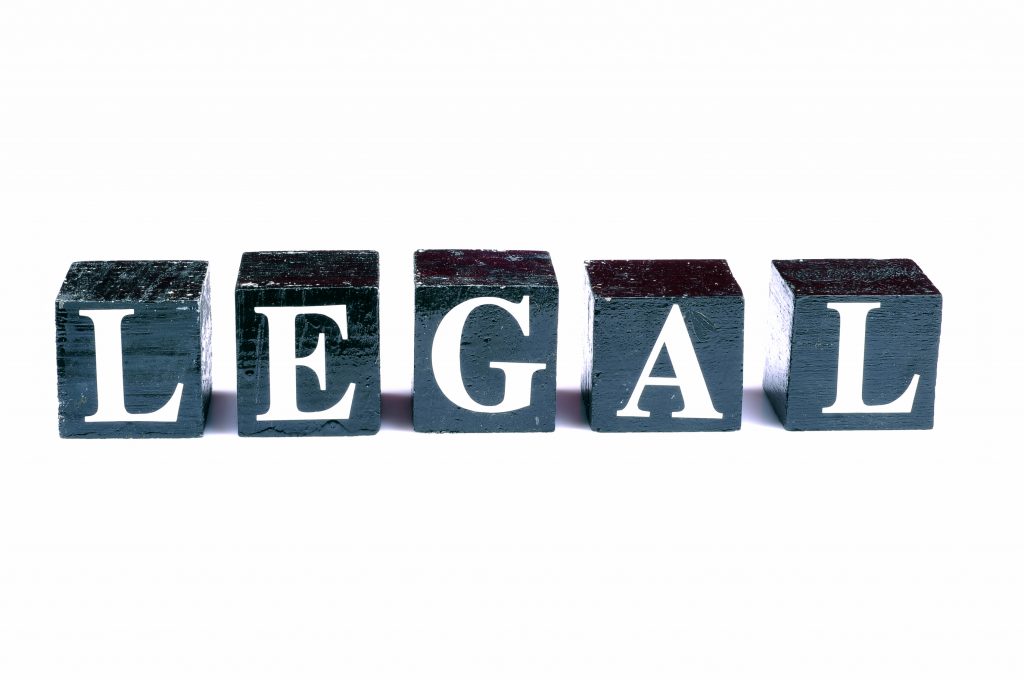
The 2018 US Farm Bill results mean CBD does not require any prescriptions and is legal all across the US.
Many distributors can legally sell hemp derived CBD products that contain less than 0.3% THC in the US.
In the UK, the threshold is not more than 0.2% THC.
However, some places do not permit the availability of CBD to everyone.
It is essential to check with your country laws and regulations before ordering or traveling with CBD internationally.
Countries such as United Arab Emirates, Russia, and Malaysia have banned CBD.
Taking sub-standard quality CBD with high traces of THC can also result in undesirable symptoms.
Final Thoughts
There are several other myths about CBD, but most fall into one of two categories; over-hyped medical benefits and false evidence-deficient criticism.
Before using CBD, it is essential to research all vital information about its existence, use and benefits.
You should also compare resources and harmonize the information you get from various platforms.
Looking beyond retailer descriptions and claims will help you separate reliable quality CBD products for the rest.
It is also crucial that you use the best quality CBD, preferably a recommendation from your most trusted doctor.

